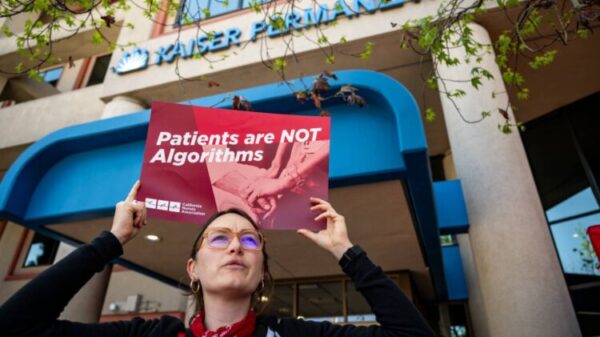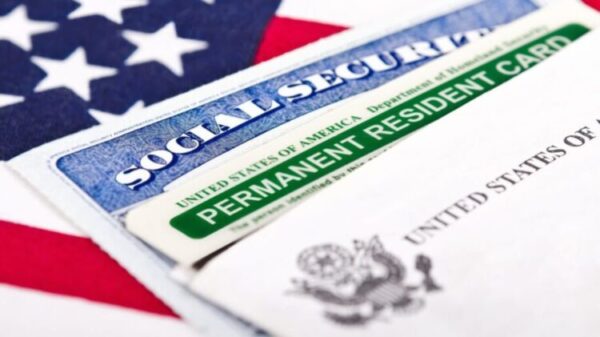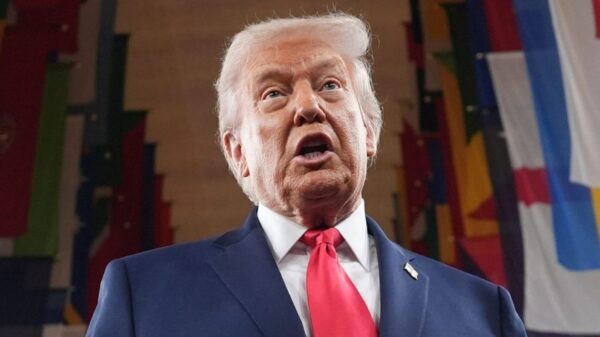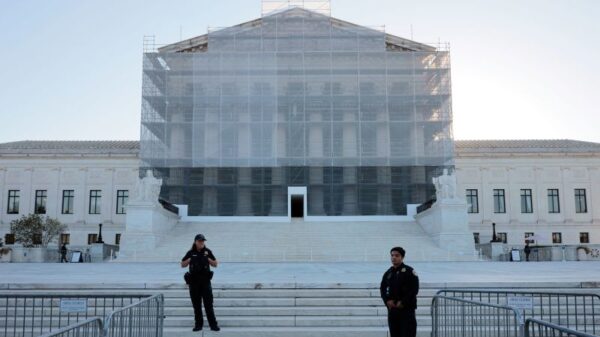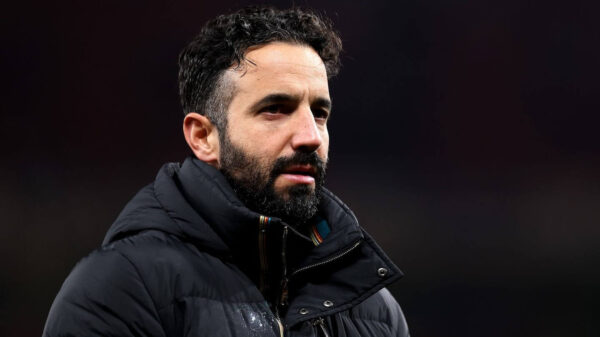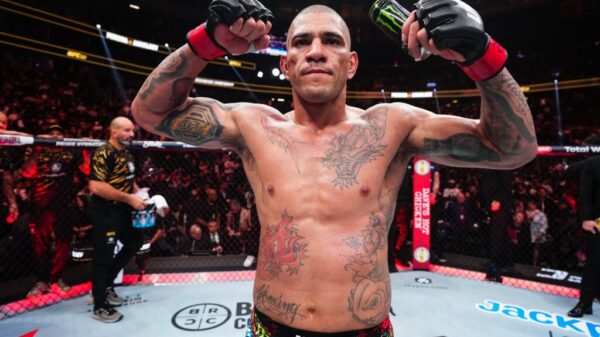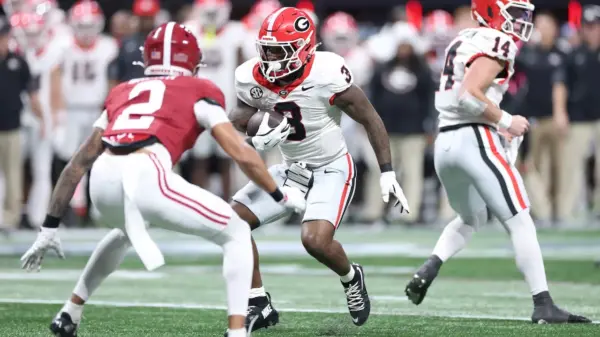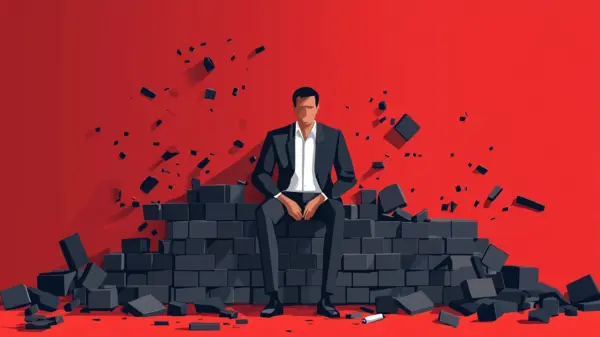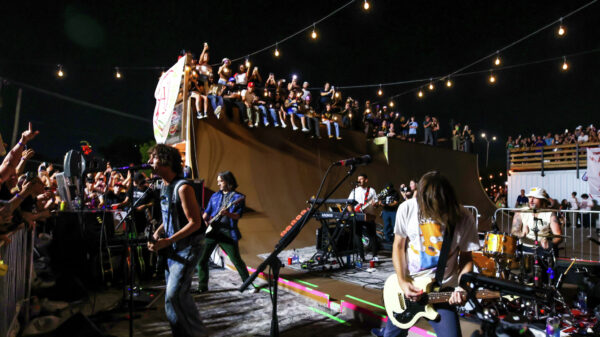BTS member Jungkook has become the center of a social media controversy following the arrival of a support truck urging him to pursue solo activities. The truck appeared as Jungkook, alongside fellow members Jimin, Suga, and RM, traveled to the United States to work on new music for the group.
The truck displayed messages such as “Jungkook GO SOLO” and “Jungkook SOLO TOUR,” prompting a wave of reactions from netizens. Many observers noted that the phrasing used on the truck suggested it was likely funded by international fans, leading to a debate about the implications of such support. The unusual Korean expressions, including phrases like “Refuse to be tied up!” and “Secure your personal gain and safety!” raised eyebrows and contributed to the perception that foreign fans were behind this initiative.
Reactions from Fans and Observers
Photos of the truck quickly circulated online, igniting discussions among fans. While some speculated whether an individual or a group of fans sponsored the message, the overarching sentiment was one of irritation. One user commented, “Just from the tone, you can tell they’re foreigners, lol. What can you even do if overseas fans act like that? Such a nuisance.”
Another netizen added, “Totally looks like a foreigner wrote it. ‘Tied up,’ ‘securing personal gain and safety’ lol.” This sentiment was echoed by numerous fans expressing frustration over the situation, suggesting that the truck’s message was poorly timed given BTS’s ongoing group commitments.
The controversy highlights the challenges that K-pop idols face in managing their solo careers while maintaining a commitment to group activities. Despite the backlash, there are indications that Jungkook may be gearing up for solo promotions. This prospect has elicited mixed reactions among fans, as many are eager to see the artist expand his horizons while remaining loyal to BTS.
The Broader Impact on BTS and K-Pop Culture
The incident also sheds light on the complex dynamics between K-pop idols and their fanbases, particularly in the context of international fans. The expectation for idols to balance personal aspirations with group responsibilities often leads to tensions within fan communities.
As K-pop continues to gain global prominence, these kinds of incidents may become more common. Many fans are eager to support their favorite artists’ individual endeavors but may also feel protective of the group identity that has made BTS a household name.
In conclusion, while the “GO SOLO” truck was intended as a show of support for Jungkook, it has sparked a conversation about the implications of such gestures. As BTS prepares for its next musical chapter, the balance between solo pursuits and group commitments will remain a focal point for both the members and their diverse fanbase.







